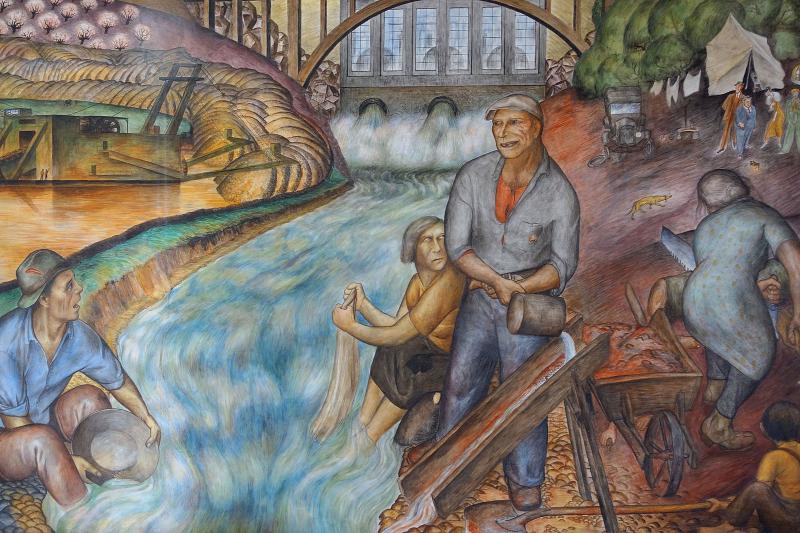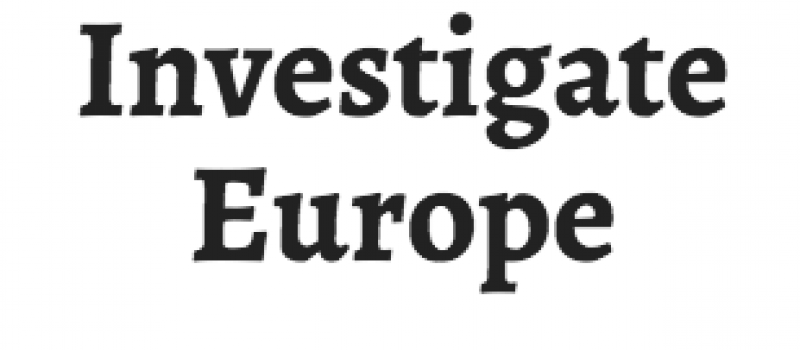
2017-09-12
Investigate Europe, a Journalismfund coordinated network, has published its third round of investigations. The team of nine investigative journalists from around Europe has been working on transnational stories since its launch last year.

Labour contracts without health and social insurance, involuntary part-time, fixed-term and agency jobs: Across Europe, millions of EU citizens have to deal with insecure and low-paid employment, although the economy in general is doing better than at any point in the last ten years. In the euro zone alone, more than five and a half million people found new jobs since the end of 2012. But four out of five are part-time or fixed-term and largely low-paid, according to Eurostat. The majority of those affected want something else: Permanent, full-time positions, the European Commission notes in its latest report on the EU labour market.
Europe's supposed boom is of “low quality”, concludes Merrill Lynch, the wealth management division of Bank of America. And this is bad news for most: “All these uncertain forms of work are extremely expensive for both the affected and the society,” warns Olivier Blanchard, the long-serving chief economist of the International Monetary Fund.
But why has the “precarisation of labour”, as sociologists call it, reached this scale? And what must be done to stop it? The Investigate Europe team has researched these questions all across Europe. The findings are sobering: In the regulation of labour markets,
- European governments and the EU commission are following assumptions and theories that have proved to be false and unrealistic,
- Commissioners and governments have systematically weakened or abolished collective bargaining agreements and marginalised trade unions, thereby promoting inequality and precariousness;
- Free movement of workers and services has led to new East-West conflicts in Europe. While labour crime goes mostly unpunished, individuals are left to deal with consequences of social dumping – fuelling anti-migrant sentiments.
- EU countries are threatened by a race to the bottom in wages and labour rights. This makes it more difficult to find national solutions and calls for European responses.
Investigate Europe will in the coming days and weeks publish a series of cross-border investigative stories, analyisis and reports in up to 13 European countries showing the brutal consequences of these politics, telling the stories of those affected and searching for ways out of this EU-wide workers' trap.
Read the first installments of the series:
- The deregulation myth – how precarisation of labour has been deliberately engineered, published in GERMAN via Der Tagesspiegel (free).
- Norway: a manual on how to fight against precarious jobs, by Maria Maggiore in ITALIAN via Il fatto quotidiano (free).
- The myth of labour flexibility, published in GERMAN by Falter magazine, our media partner in Austria (free).
- The Gig economy created a new class of precarious workers – now they start to fight back, by Elisa Simantke and Harald Schumann in GERMAN via Der Tagesspiegel (free)
- Is deregulation a threat to development? published in SWEDISH by Dagens Arbete (free).
- Interview with Italian minister of finance, Pier Carlo Padoan, published in GREECE via Efsyn and in GERMAN via Der Tagesspiegel
Read more about Investigate Europe on their website.
Photo: John Langley Howard’s “California Industrial Scenes.” Fresco, Coit Tower, 1934. Detail by Thomas Hawk.










